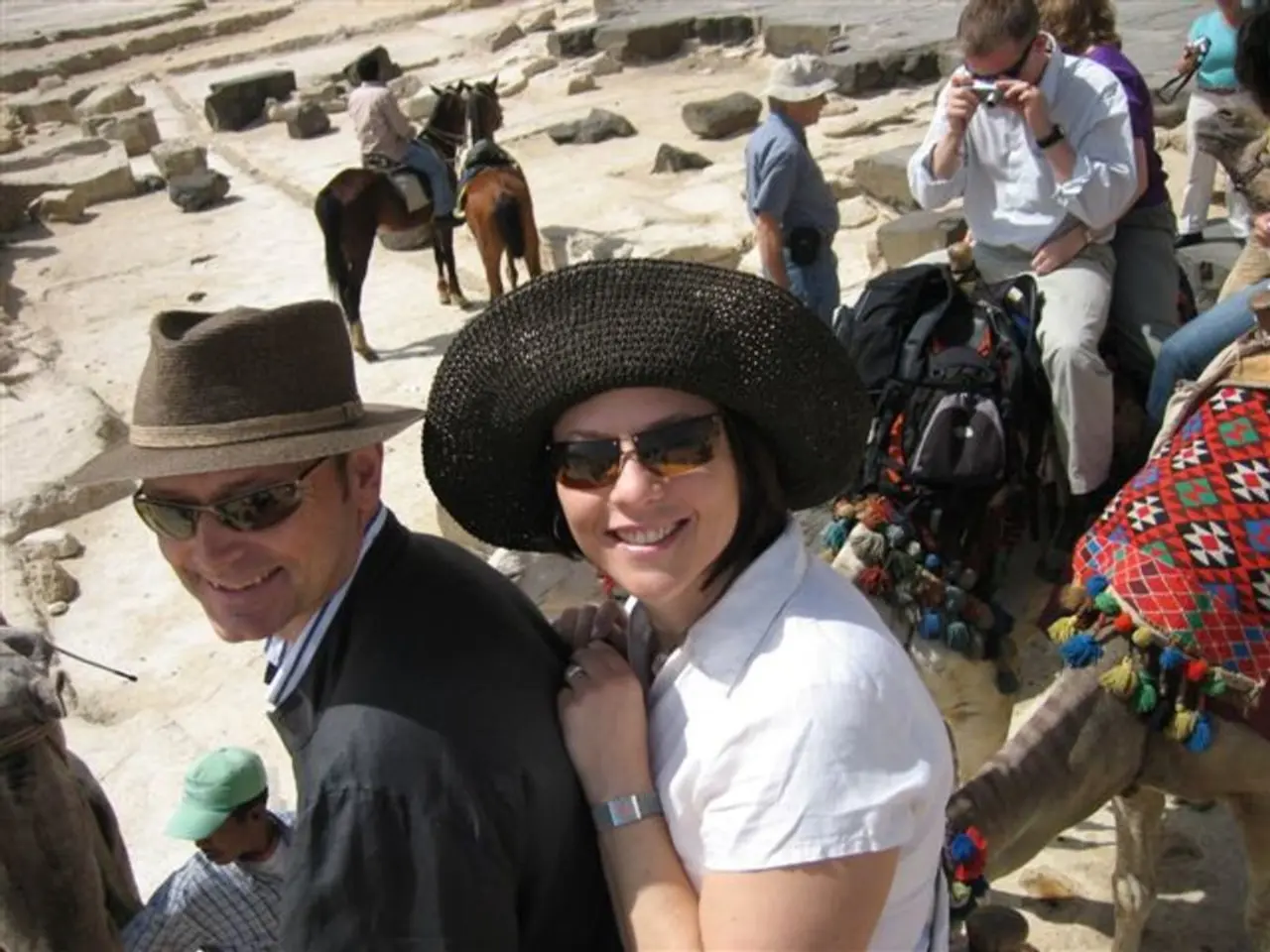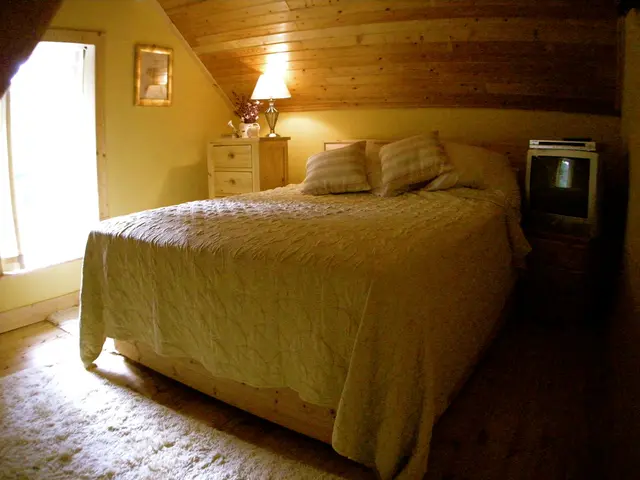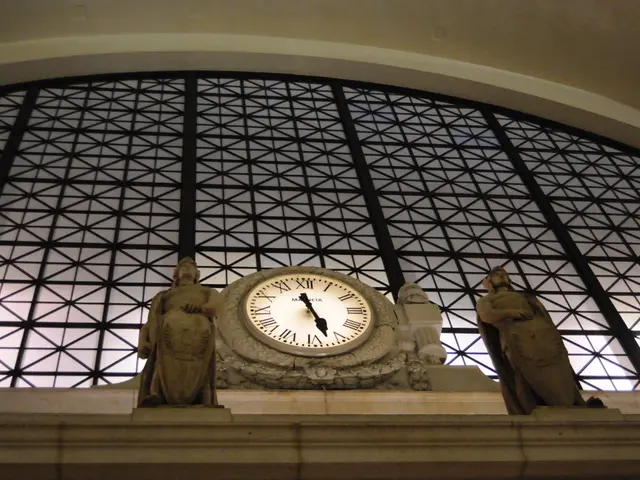Skyrocketing skin trade endangers donkey wellbeing and livelihoods
In Kenya, a country home to an estimated seven million donkeys - one of the highest numbers in Africa - the well-being of these hardworking animals is under threat. The rising demand for donkey skins in the beauty industry has led to widespread theft and a crisis that impacts rural communities reliant on donkeys for domestic and economic tasks.
Dr. Mwendwa Mbaka, a veterinarian, has called on his colleagues to prioritize animal welfare as part of their mandate, recognizing the importance of donkeys to Kenyan women and families. One such family is that of Adeline, who, in the absence of a donkey, took on the animal's role, carrying water, firewood, and burdens. Adeline's health and dignity suffered due to this absence, a poignant reminder of the indispensable role donkeys play in Kenyan life.
To combat this crisis, several coordinated efforts are underway. African leaders have backed the African Union's ban on the donkey skin trade, demonstrating political commitment to halting donkey exploitation for beauty products. Local and international organizations, such as MAZIDO and Brooke East Africa, are actively working in regions like Taita Taveta to improve donkey welfare. Their measures include training communities on creating safe shelters to protect donkeys from predators and advocating for stronger animal welfare laws at the county level.
Innovative animal welfare reporting and enhanced community insight are also key to protecting donkeys and supporting women dependent on them. Expert partnerships, like those involving Dr. Kinoti, are emphasizing the importance of these advancements in animal rights.
Public awareness and support campaigns are another crucial component of the fight to protect donkeys. The Donkey Sanctuary and other groups are raising awareness about the critical role donkeys play and the impact of the skin trade on women and children, gathering local and international support through social media and reports.
Veronica and Sylvester are among those economically and emotionally dependent on their donkeys. When their donkeys were stolen, Veronica did not speak for months. In response, the Equine Veterinary Caucus Kenya was launched on July 18, 2025, with the goal of protecting donkeys from extinction. The Caucus aims to coalesce veterinarians into a national equine welfare movement, strengthen veterinary capacity on equine health and welfare, and institutionalize the EVCK as a national coordination platform.
Scott Miller, a veterinarian for over 25 years, emphasizes the need to protect donkeys, as they face an extinction threat. He advocates for a ban on the trade of ejiao products, citing it as a global injustice. Various organizations and government bodies are working to strengthen donkey welfare laws, raise awareness, and promote sustainable use. The economic value of donkeys to rural communities in Kenya is estimated to be worth millions of Kenyan shillings annually.
As the world grapples with the impact of the donkey skin trade on both animals and communities, these multi-level efforts offer a glimmer of hope for the future. By working together, it is possible to protect donkeys and ensure they continue to play a vital role in Kenyan life for generations to come.
- The Donkey Sanctuary, along with other organizations, is raising awareness about the critical role donkeys play in lifestyle, home-and-garden tasks, and even pet care, as well as the impact of the skin trade on women and children, gathering local and international support through social media and reports.
- In addition to improving donkey welfare through training and advocacy for stronger animal welfare laws, organizations like MAZIDO and Brooke East Africa are also focusing on pets by establishing safe shelters to protect them from predators and ensure their overall health and well-being.




